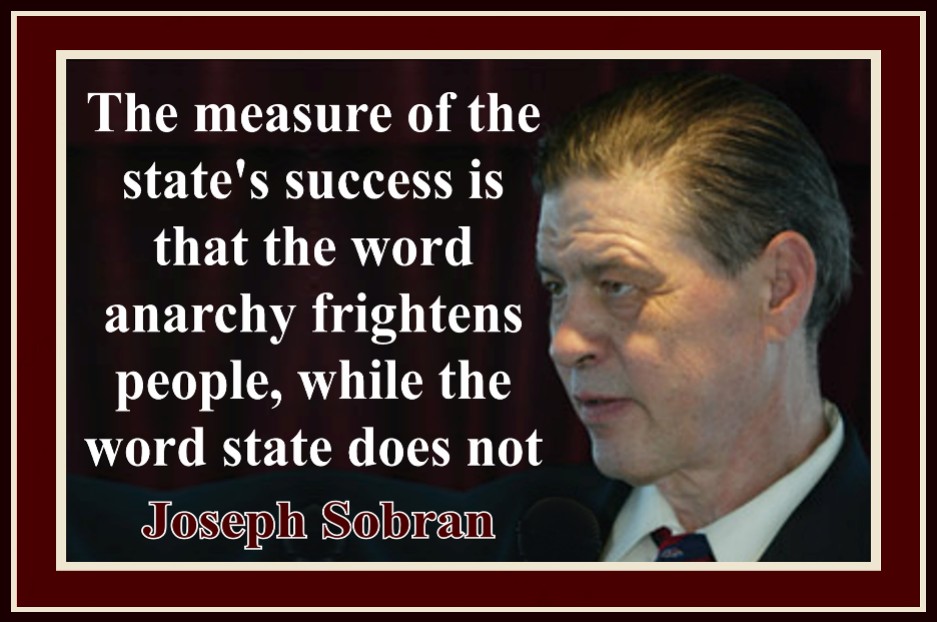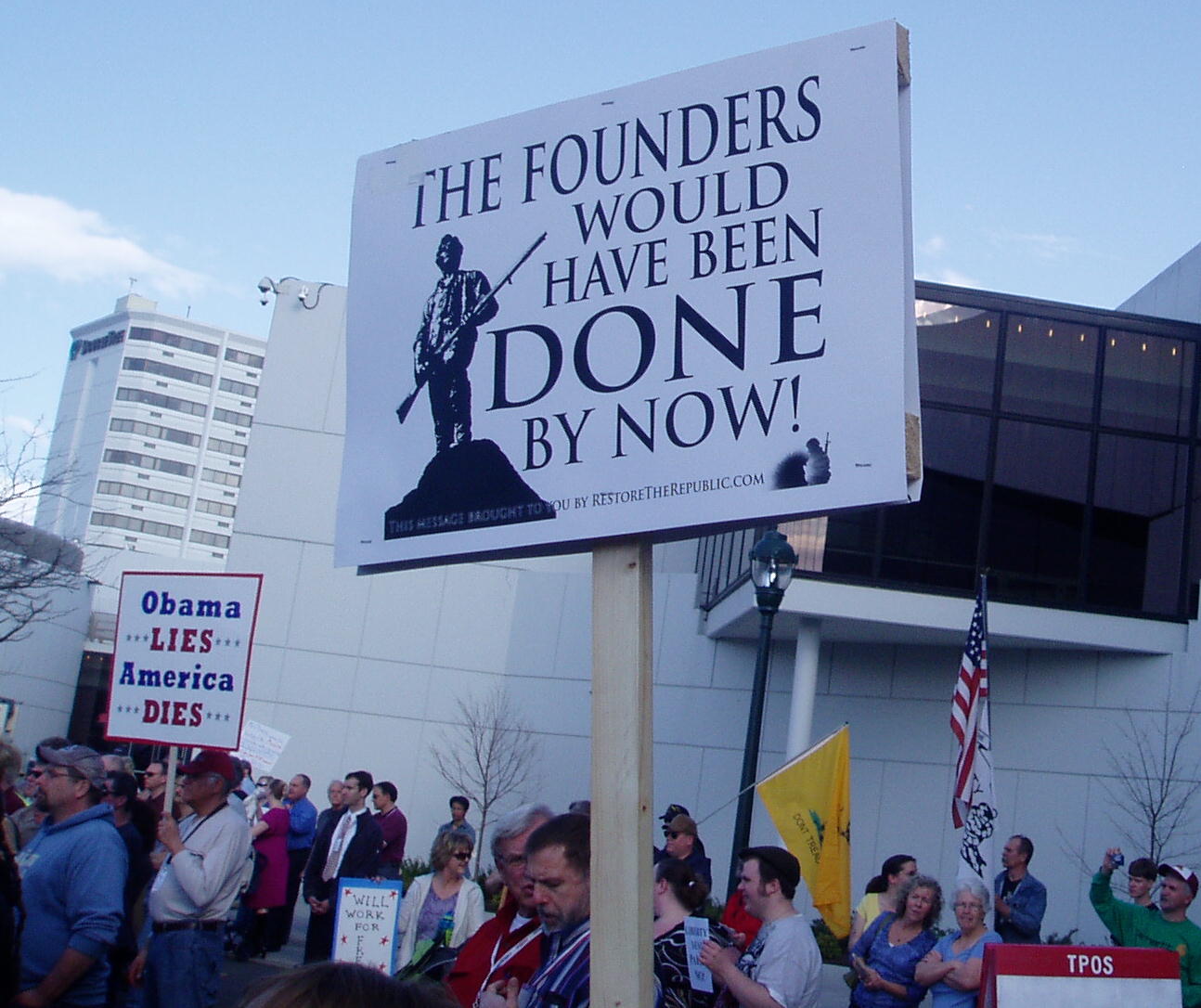
Joseph Sobran is no longer with us, but was a wonderful writer for Southern Partisan as well as many other sources. He is truly missed and may you rest in peace, Sir.
Quotes below from NamSouth
"Several of Africa's proudest empires were built on the sale of slaves. For centuries Africa's chief export was human beings... So, it's rather comical for American blacks to sentimentalize Africa and stress that they are 'African Americans' while cursing the Confederate flag as a symbol of slavery. Africa has a much better claim to be such a symbol. Slavery still exists there, in Sudan and Mauritania and probably elsewhere."
-- Joe Sobran, "Slavery in Perspective," May 31, 2001
"Altering the Constitution has become the daily business of the Federal Government which the document is supposed to guide and limit. Both Congress and the judiciary assume, and exercise, countless powers they aren't entitled to."
-- Joseph Sobran
"Since the Constitution doesn’t forbid the states to secede, the North found it necessary to violate the Constitution in order to suppress Southern independence. Lincoln was forced to usurp legislative powers by raising troops and money and by suspending the writ of habeas corpus; when Chief Justice Roger Taney ruled such acts unconstitutional, Lincoln wrote an order for Taney’s arrest! He never followed through on that, but he did illegally arrest 31 antiwar members of the Maryland legislature and install a puppet government. He went on to crush freedom of speech and press throughout the North. Such was Lincoln’s idea of 'preserving the Constitution' and 'government of the people, by the people, for the people.'"
-- Joseph Sobran
"If you want the government to intervene domestically you’re a liberal, if you want the government to intervene abroad you’re a conservative, if you want the government to intervene both domestically and abroad you’re a moderate, and if you don’t want the government to intervene either domestically or abroad you’re an extremist."
--Joe Sobran
==========================================
The Reluctant Anarchist
My arrival (very recently) at philosophical anarchism has disturbed some of my conservative and Christian friends. In fact, it surprises me, going as it does against my own inclinations.
As a child I acquired a deep respect for authority and a horror of chaos. In my case the two things were blended by the uncertainty of my existence after my parents divorced and I bounced from one home to another for several years, often living with strangers. A stable authority was something I yearned for.
Meanwhile, my public-school education imbued me with the sort of patriotism encouraged in all children in those days. I grew up feeling that if there was one thing I could trust and rely on, it was my government. I knew it was strong and benign, even if I didn’t know much else about it. The idea that some people — Communists, for example — might want to overthrow the government filled me with horror.
G.K. Chesterton, with his usual gentle audacity, once criticized Rudyard Kipling for his “lack of patriotism.” Since Kipling was renowned for glorifying the British Empire, this might have seemed one of Chesterton’s “paradoxes”; but it was no such thing, except in the sense that it denied what most readers thought was obvious and incontrovertible.
Chesterton, himself a “Little Englander” and opponent of empire, explained what was wrong with Kipling’s view: “He admires England, but he does not love her; for we admire things with reasons, but love them without reason. He admires England because she is strong, not because she is English.” Which implies there would be nothing to love her for if she were weak.
Of course Chesterton was right. You love your country as you love your mother — simply because it is yours, not because of its superiority to others, particularly superiority of power.
This seems axiomatic to me now, but it startled me when I first read it. After all, I was an American, and American patriotism typically expresses itself in superlatives. America is the freest, the mightiest, the richest, in short the greatest country in the world, with the greatest form of government — the most democratic. Maybe the poor Finns or Peruvians love their countries too, but heaven knows why — they have so little to be proud of, so few “reasons.” America is also the most envied country in the world. Don’t all people secretly wish they were Americans?
That was the kind of patriotism instilled in me as a boy, and I was quite typical in this respect. It was the patriotism of supremacy. For one thing, America had never lost a war — I was even proud that America had created the atomic bomb (providentially, it seemed, just in time to crush the Japs) — and this is why the Vietnam war was so bitterly frustrating. Not the dead, but the defeat! The end of history’s great winning streak!
As I grew up, my patriotism began to take another form, which it took me a long time to realize was in tension with the patriotism of power. I became a philosophical conservative, with a strong libertarian streak. I believed in government, but it had to be “limited” government — confined to a few legitimate purposes, such as defense abroad and policing at home. These functions, and hardly any others, I accepted, under the influence of writers like Ayn Rand and Henry Hazlitt, whose books I read in my college years.
More @ Sobran's



